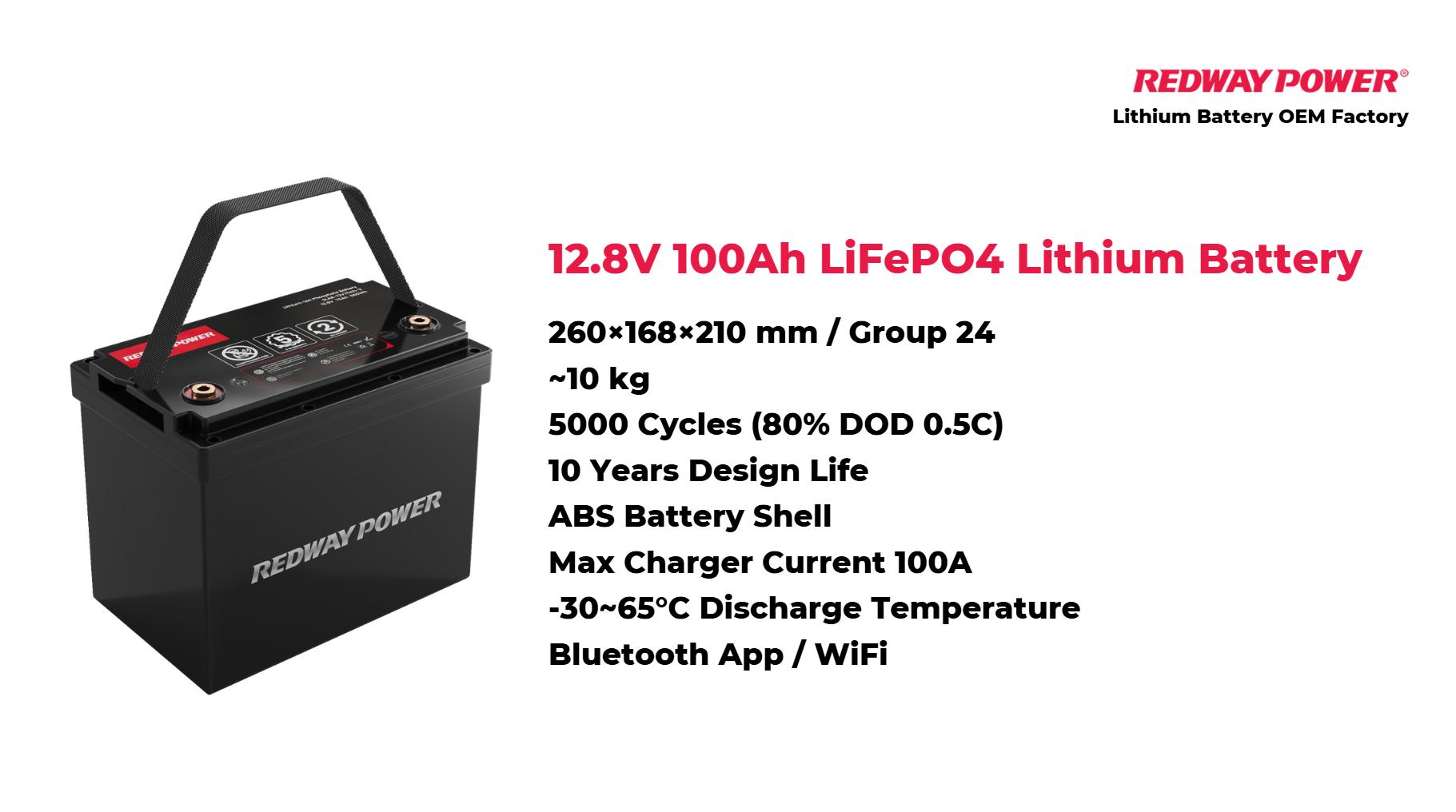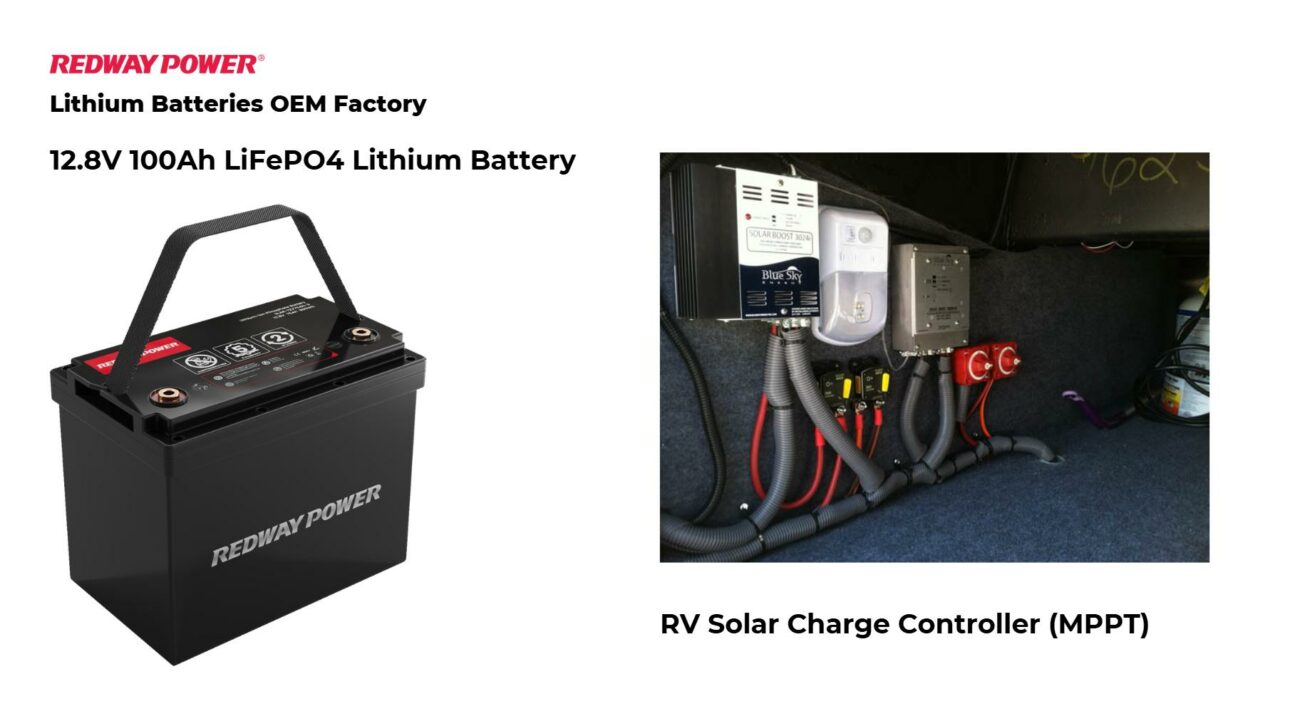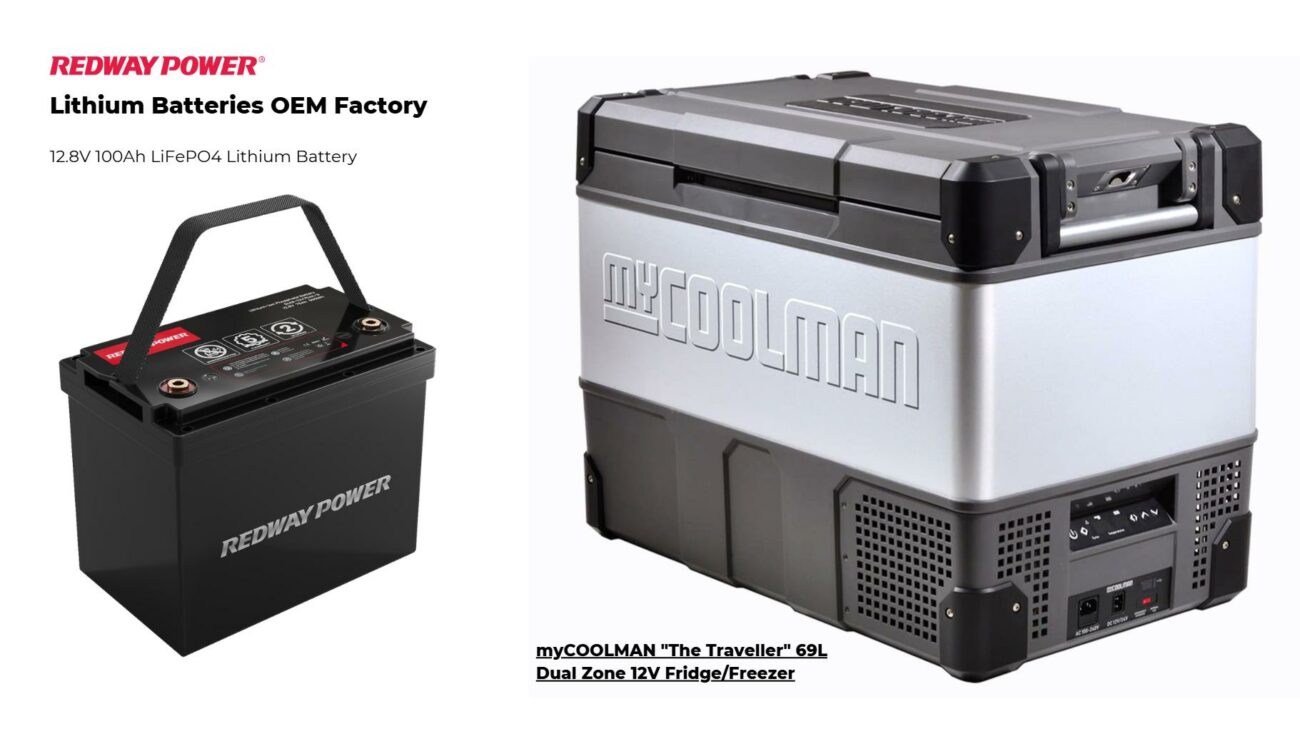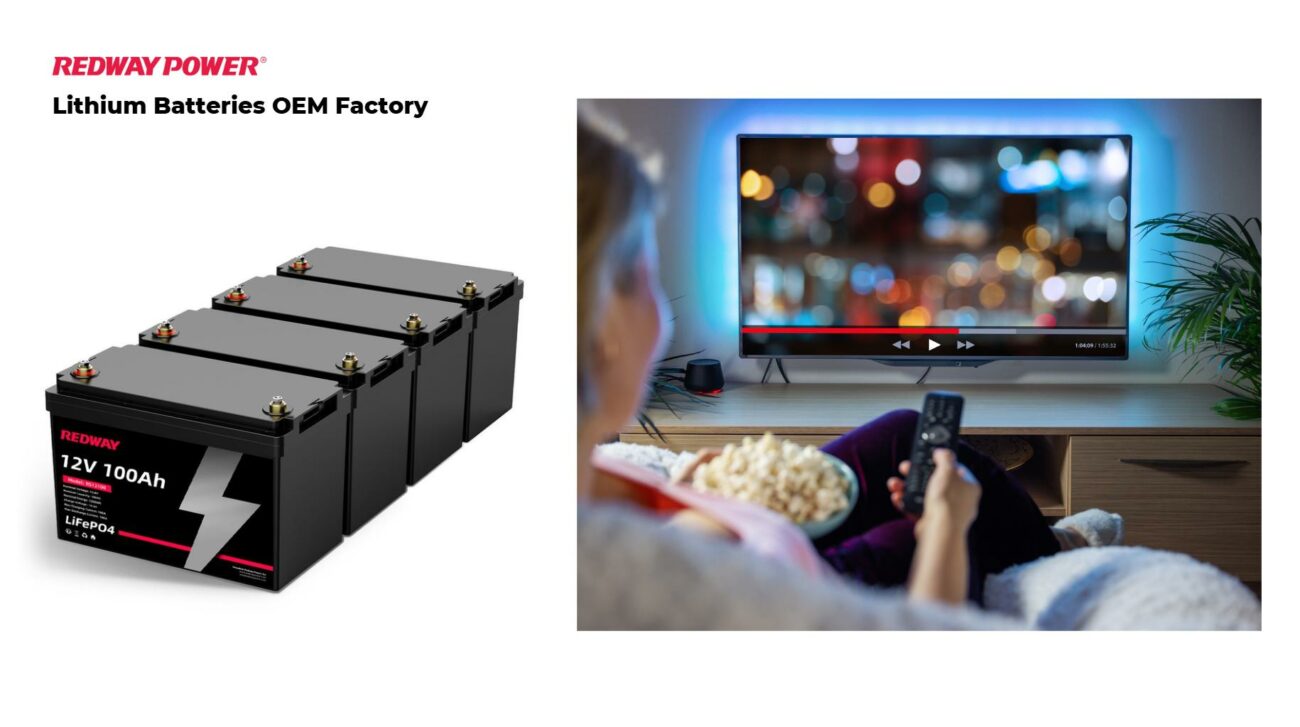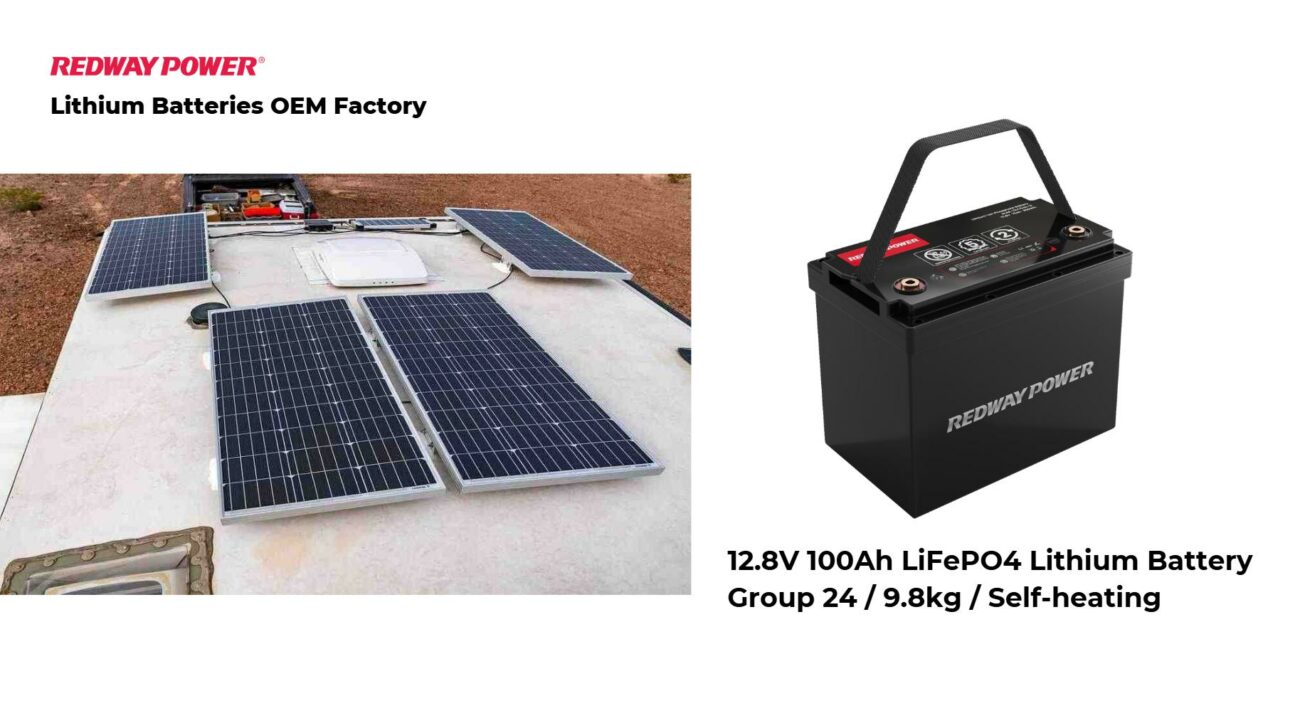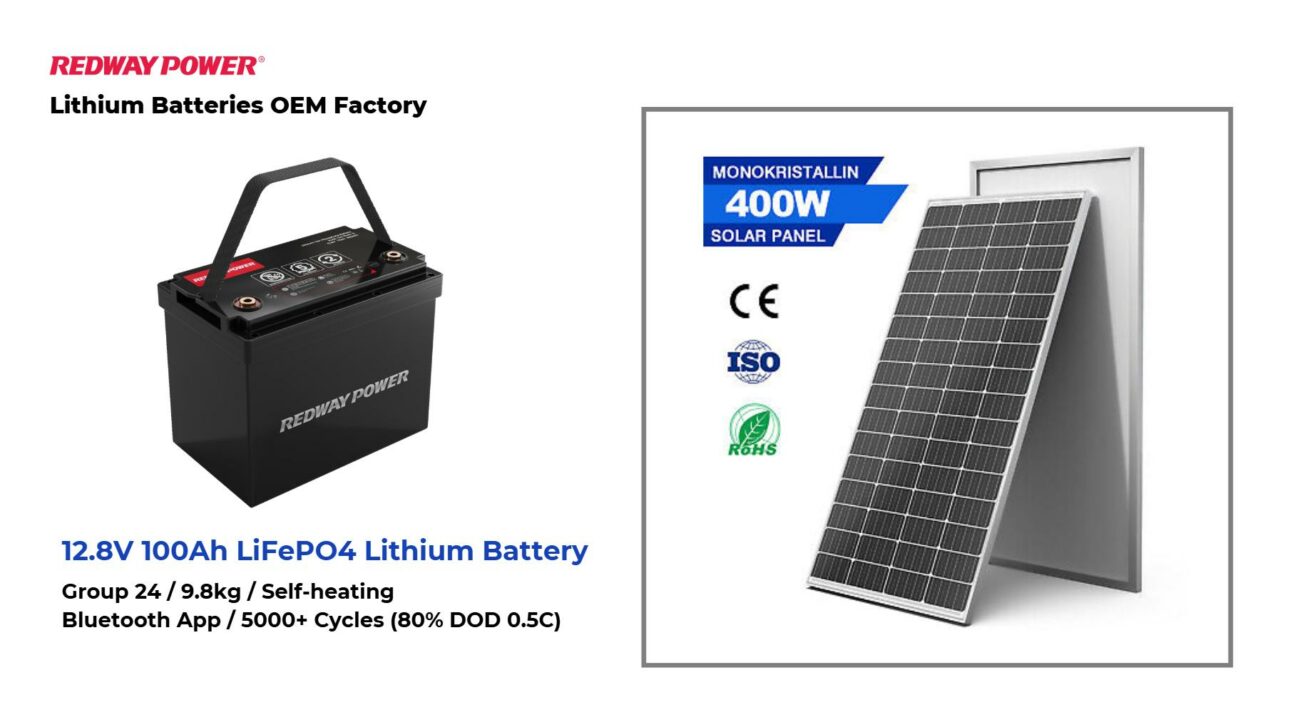Understanding how long a 100Ah battery will last is crucial for effective energy management, whether you’re using it for an electric vehicle, solar power systems, or backup power. The duration a battery can sustain its output depends on several factors, including the load connected to it, battery type, and environmental conditions. In this comprehensive guide, we will explore the calculations and considerations that determine the lifespan of a 100Ah battery.
A fully charged 100Ah battery will last as long as its load allows. For example, if devices draw an average of 10 amps continuously, expect about ten hours of runtime (100Ah /10A). Keep in mind that efficiency losses and temperature conditions can influence actual performance.
What Does 100Ah Mean?
The term 100Ah signifies that the battery can deliver 100 amperes for one hour or equivalently:
- 10 amps for 10 hours
- 5 amps for 20 hours
This capacity is essential for calculating how long the battery will last under various loads.
Calculating Battery Life: The Formula
To determine how long a 100Ah battery will last, we can use the following formula:
Example Calculations
- For a Load of 5 Amps:Battery Life=100 Ah/5 A=20 hours
- For a Load of 10 Amps:Battery Life=100 Ah/10 A=10 hours
- For a Load of 20 Amps:Battery Life=100 Ah/20 A=5 hours
These calculations provide a basic understanding of how long a 100Ah battery can sustain various loads.
Factors Affecting Battery Life
Several factors can influence the actual performance and longevity of a 100Ah battery:
1. Depth of Discharge (DoD)
The depth of discharge refers to how much of the battery’s capacity is used before recharging. For example:
- Discharging to 50% (50Ah) will extend the lifespan compared to discharging to 80% regularly.
Most lithium batteries, including LiFePO4 batteries, can handle deeper discharges better than lead-acid batteries.
2. Temperature
Temperature significantly impacts battery performance:
- High Temperatures: Can accelerate degradation and reduce lifespan.
- Low Temperatures: Can decrease effective capacity and increase internal resistance.
The optimal operating temperature is typically between 20°C and 25°C (68°F – 77°F).
3. Charge Cycles
The number of charge cycles affects longevity:
- A cycle is defined as one complete discharge and recharge.
- Quality batteries can handle thousands of cycles, but frequent deep discharges can shorten their lifespan.
Practical Applications of a 100Ah Battery
Understanding how long a 100Ah battery will last is vital in various applications:
1. Solar Energy Systems
In solar energy setups, knowing the duration your battery will last helps in sizing your solar panels and ensuring you have enough power during cloudy days or nighttime.
2. Electric Vehicles
For electric vehicles, understanding battery life helps in planning trips and knowing when to recharge.
3. Backup Power Systems
In backup systems, knowing how long your battery will last during an outage allows for better management of critical loads.
Watt-Hours: A More Comprehensive Measure
Calculating in watt-hours (Wh) provides a clearer picture of energy consumption:
For a typical 12V system:
This means that if you have devices consuming power at different rates, you can calculate how long your battery will last by dividing the total watt-hours by the total load in watts.
Example Calculation Using Watt-Hours
If you are using a device that consumes 300 watts, the run time would be:
Latest Developments in Battery Technology
Recent advancements in battery technology have focused on improving efficiency and lifespan. According to recent updates from Google News, researchers are developing new materials that enhance energy density while reducing charging times and maintaining safety standards. These innovations could revolutionize how we approach energy storage solutions across various applications.
Conclusion
In summary, understanding how long a 100Ah battery will last involves more than just knowing its capacity. Factors like connected load, depth of discharge, temperature, and charge cycles all play crucial roles in determining runtime. By utilizing simple calculations and being aware of these influencing factors, users can optimize their energy consumption and extend the life of their batteries. For those seeking high-quality LiFePO4 batteries tailored to specific needs, Redway Battery offers expert support and quick quotes for wholesale and OEM customers worldwide.
FAQs About Battery Life Calculations
Q1: How do I know my load current?
A1: You can measure load current using an ammeter or check the specifications of your devices to determine their power consumption in amps.
Q2: Can I use my battery until it’s completely discharged?
A2: While it’s possible, it’s not advisable for most batteries as it can shorten their lifespan. Aim to recharge before reaching deep discharge levels.
Q3: What happens if I exceed the rated load?
A3: Exceeding the rated load can lead to overheating and damage to the battery, reducing its lifespan significantly.
Q4: How often should I check my battery’s performance?
A4: Regular checks every few months or after significant usage can help ensure optimal performance and longevity.
How does the discharge rate affect the run time of a 100Ah battery?
The discharge rate significantly impacts a 100Ah battery’s run time. Higher discharge rates lead to faster energy depletion, reducing the total run time. For example, if a device draws 100A, the battery will last approximately one hour; however, if the load is lower, such as 10A, it can last up to ten hours.
What is the impact of battery age on its run time?
As batteries age, their capacity diminishes due to chemical and physical changes, resulting in shorter run times. Factors like charge cycles and temperature exposure accelerate this degradation. An older battery may only deliver 60-80% of its original capacity, significantly affecting how long it can power devices.
How can I calculate the run time for different loads on a 100Ah battery?
To calculate run time, use the formula:
Run Time hours =Battery Capacity Ah Load Current A
For example, with a 100Ah battery and a 20A load:
Run Time=100Ah20A=5 hours
What tools can help estimate the run time of a 100Ah battery?
Several tools can estimate battery run time, including online calculators and mobile apps. These tools typically require input for battery capacity and load current. Additionally, manufacturers often provide charts or software that can assist in estimating performance based on specific conditions.
How does the type of battery (LiFePO4, lead acid, etc.) influence its run time?
Battery type affects energy density and efficiency. Lithium Iron Phosphate (LiFePO4) batteries generally offer higher energy density and longer life cycles compared to lead-acid batteries. Consequently, LiFePO4 batteries tend to provide longer run times under similar conditions due to their ability to maintain voltage levels better as they discharge.
How do you calculate the ampere hours required per day for boondocking?
To calculate the ampere hours (Ah) needed per day for boondocking, add up the total power consumption of all your appliances and devices in watt-hours (Wh). Divide this number by the battery voltage (typically 12V for RVs). For example, if your total power consumption is 240 Wh per day, divide by 12V to get 20 Ah. Ensure your battery bank can handle this daily consumption plus a reserve.
How can energy-efficient appliances and LED lighting help extend RV battery life?
Energy-efficient appliances and LED lighting consume less power than standard models, which reduces the overall energy draw from your RV batteries. By using these energy-saving options, you can extend the time between battery recharges and reduce the size of the battery bank needed, ultimately increasing your boondocking duration.
How do you charge RV batteries while boondocking?
While boondocking, you can charge RV batteries using several methods: solar panels, a generator, or a vehicle’s alternator. Solar panels provide a renewable source of energy, while a generator offers a powerful but temporary boost. Connecting your RV to your tow vehicle’s alternator can also charge the batteries while driving.
How can solar panels help recharge RV batteries during boondocking?
Solar panels provide a continuous and renewable source of power, converting sunlight into electricity to recharge your RV batteries. They are especially useful during extended boondocking periods, as they can replenish battery power without needing a generator or access to shore power.
How many days can you typically boondock with a 12-volt battery setup?
The number of days you can boondock with a 12-volt battery setup depends on your total battery capacity and daily power usage. On average, a typical 100Ah deep cycle battery might support 1-2 days of moderate use before needing a recharge. This duration can vary based on factors like battery size, energy consumption, and available charging methods.
What is the ideal RV or travel trailer battery for dry camping and boondocking?
The ideal RV or travel trailer battery for dry camping and boondocking is typically a deep cycle battery, such as a 12-volt lead-acid, AGM (Absorbent Glass Mat), or LiFePO4 (Lithium Iron Phosphate) battery. Deep cycle batteries are designed to be discharged and recharged repeatedly, offering reliable performance and long service life for extended off-grid use.
What maintenance practices are recommended for RV batteries?
Recommended maintenance practices for RV batteries include regularly checking the battery water levels (for flooded lead-acid batteries), keeping terminals clean and free of corrosion, ensuring proper charging practices, and inspecting for any signs of damage or wear. Proper maintenance helps prolong battery life and ensures optimal performance.
What are the methods for charging RV batteries using solar panels?
Charging RV batteries with solar panels involves connecting the panels to a charge controller, which regulates the power flow to the batteries. The charge controller ensures the batteries are charged efficiently and prevents overcharging. Panels should be mounted where they receive maximum sunlight exposure for the best results.
How do you select the right 12-volt deep cycle battery for boondocking?
To select the right 12-volt deep cycle battery for boondocking, consider factors such as capacity (Ah rating), type (AGM, gel, or lithium), and cycle life. A higher capacity battery will provide more power and longer use between charges. Lithium batteries, though more expensive, offer longer lifespan and faster charging times compared to lead-acid batteries.
What is a 12-volt deep cycle battery, and what does it power in an RV?
A 12-volt deep cycle battery is designed to provide a steady amount of power over a longer period and endure repeated charging and discharging cycles. In an RV, it powers essential systems like lighting, water pumps, refrigerators, and other 12-volt appliances. It is crucial for off-grid living and boondocking, where access to shore power is limited.
How long will a 100Ah battery run a TV?
How long will a 12V fridge last on a 100Ah battery?
How many hours will a 12V 100Ah battery last?
How long will a 100Ah battery last with a 1000W inverter?



